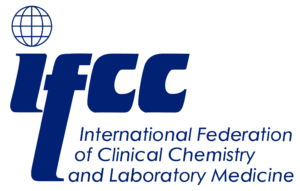This study describes real-world outcomes of pretreated T790M-positive (T790M) advanced non-small-cell lung cancer patients progressing after first- or second-generation tyrosine kinase inhibitors and receiving osimertinib, compared with T790M-negative (T790M) patients. We have also described progression patterns and treatment sequences. This is a retrospective multicenter Italian observational study including consecutive Caucasian patients referred between 2014 and 2018. 167 patients were included. Median progression-free survival was 9.8 months (95% CI: 8.3-13.3) for T790M and 6.0 months (95% CI: 4.9-7.2) for T790M patients, respectively. Median overall survival was 20.7 months (95% CI: 18.9-28.4) for T790M and 10.6 months (95% CI: 8.6-23.6) for T790M patients, respectively. The T790M mutation correlated with absence of new sites of disease. After progression, most T790M patients continued osimertinib, whereas most T790M patients received a different treatment line. Better outcomes were shown in patients receiving osimertinib. A more limited progression pattern for T790M was suggested.

